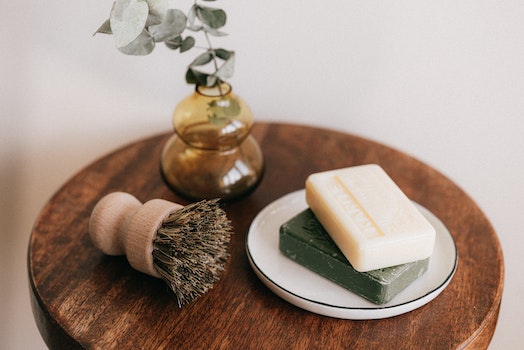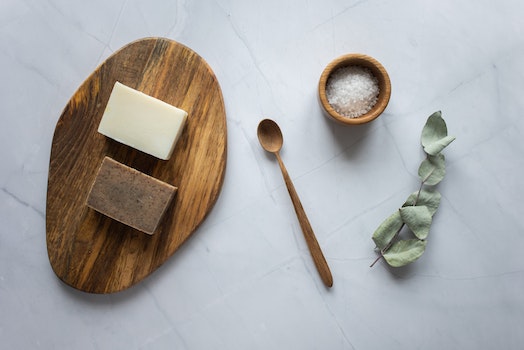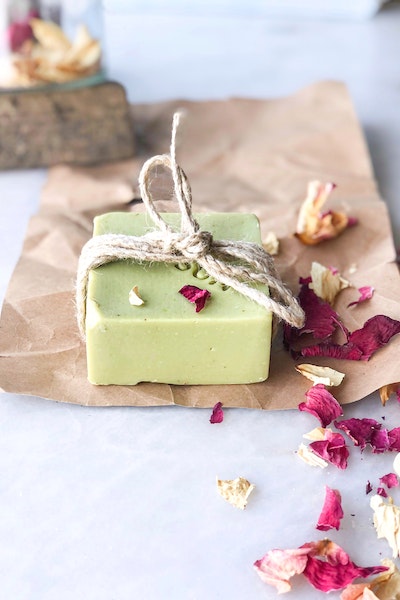Dry soap is the traditional shower soap. It comes in bar form and helps dissolve dirt on your skin's surface, allowing you to rinse it away. Still, people have migrated toward liquid soaps in recent years. Is that the best choice?
Reasons To Choose Dry Soap Over Liquid Soap

There are many reasons to choose a body wash or liquid soap for your shower time. For example, liquid soaps are often better for dry skin or gentler for sensitive skin types and conditions. However, despite the advantages of liquid soaps over dry soaps in specific situations, dry soap or bar soap, as it is more commonly referred to, also has benefits over liquid varieties.
1. Bar Soap Is Better for the Environment
Bar soaps create less waste than liquid soaps in production and distribution. Manufacturers typically package bar soap in an eco-friendly, recyclable container. Other than the box, there is no additional waste.
Not only do liquid soaps come in plastic containers, which are worse for the environment, but the soaps may also contain harmful ingredients. Some body washes use microbeads, which have a negative impact on the environment. The problem is so significant that some governments ban the ingredients completely.
2. Bar Soap Contains Fewer Ingredients and Allergens
While some bar soaps can contain many ingredients, most will have fewer than liquid soaps. Liquid options often require preservatives to make them shelf stable, but bar soaps do not, meaning they are usually paraben-free. Also, it is easier for manufacturers to make dry soaps with herbal or all-natural ingredients, meaning soaps can be hypoallergenic.
3. Bar Soap Is Antibacterial
Many people fear bar soaps might contain more harmful bacteria than other soaps because they sit out. Despite the concerns, many studies prove that bar soap presents a limited risk of bacterial contamination. However, experts still recommend people not share their dry soap with anyone else, including members of their household.
Focus On Ingredients

Regardless of the soap you choose for bathing, you should review the ingredients. While all soaps must adhere to regulatory guidelines, there are some ingredients that are OK for soap-making that you might still want to avoid. Also, there are ingredients you want to see on the label of whatever soap you buy.
Good Ingredients
There are several ingredients a quality soap should contain. Glycerin, a plant-based cleanser, helps moisturize your skin by sealing moisture into the skin barrier; it accomplishes this without stripping away natural oils.
Exfoliants are also necessary because they help remove dead skin cells and debris. Some quality exfoliants include oatmeal, black walnut shells, ground apricot pits, etc.
Finally, moisturizing oils are crucial to dry soap production. The most popular oils include coconut oil and sweet almond oil. Coconut butter and shea butter are also excellent moisturizing options.
Bad Ingredients
Avoid soaps with powerful antibacterial agents in them. The FDA banned Triclosan in 2016 because of adverse effects. However, if you buy imported soaps, they may still contain the antibacterial agent.
Soaps may also contain parabens and allergens. Parabens may contribute to specific health conditions. If a soap contains a "fragrance" or "perfume," be leery, especially if you have allergies.
Ultimately, the soap you use is a personal choice. However, dry soap, or bar soap, is an eco-friendly option.

